|
About 3 years ago I decided to write a novel. A historical novel for children set in and around Norwich Cathedral. At this point you may be wondering 'Why?' There are a number of reasons but basically I had an idea and I fancied pursuing it. I have some time on my hands, it is purely for my own pleasure and it allows me time to drop out of the hectic day to day running of The Literacy Shed and sit quietly. It also allows me to visit as many cathedrals as I possibly can which is a secondary pleasurable benefit.
These are some of the key points that I have learned during the VERY slow process. - No one needs to read this writing in order for the process to be enjoyable. - Not everything that I write will be published anywhere except in my own private notebooks. - Not everything will go as planned because ideas ebb and flow as the ink runs across the page. - There is no need to stick rigidly to planned structures at the sentence level either. They are fluid and will change through the process. - The quality of the writing isn't dependable on a narrow set of grammatical conditions. - It is useful to write in small chunks and add them into the narrative. - Characters come alive once the writing begins and take on a whole new personality sometimes. The biggest lesson really is that it is OK to start again. The story has been set in Middles ages Norwich, which at one point became the fantasy city of Nearwich. I experimented with the same story being set during the industrial revolution and then in a strange 'steam-punkish' industrial/medieval landscape and now me and Tom (main character) are back in the medieval period. How does this affect the teaching of writing? - Remind the children that their writing may not be published but give them the choice whether to have people read it or not. - If you have a great idea you do not need to stick to the plan. - Experiment with language and grammar structure and go with what sounds best. - Write in small chunks and build up towards a finished piece. - Allow time to go back and add in more small chunks (or even big chunks) into the narrative. - It is ok to start again! Writing like this has really given me an insight in both the processes we force the children to go through and the way in which we help them to build narratives around given characters and themes. I will continue to reflect upon this process and blog about how this can aid the teaching of writing.
6 Comments
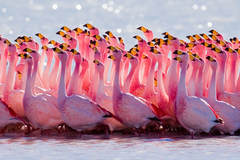
Collective Nouns
This week I came across a collective noun that I had not heard before, ‘A flamboyance of flamingos’ and this reminded me of some of others which I already knew: a business of ferrets, a murder of crows and a parliament of owls. I then started to share them each day on twitter using the hashtag #collectivenouns and sharing the most unusual examples that I could find, such as a dazzle of zebras. The posts garnered lots of interest, so I began to think about how I would use the collective nouns in writing. Many of the words are incredibly descriptive and could be used when writing setting descriptions in order to help convey a mood. For example, when creating a peaceful mood, perhaps to describe a quiet country walk, the following examples could be used: As I crossed the dew-kissed meadow, the sun rose above the distant hills and a wisp of snipe took flight from the long reeds. The word ‘wisp’ used here adds to the peaceful mood whereas an example such as a ‘pandemonium of parrots’ or ‘a band of plovers,’ or even a ‘parliament of owls’ would shatter the peace. It isn’t only birds that can lead us to imagine a peaceful moment. Barely a sound could be heard, except the gentle ruffling of the breeze-blown leaves in the trees and a prickle of hedgehogs snuffling for worms. As well as peace, they could help children to include some atmospheric language in their writing: A murder of crows nestled on the black, skeletal branches above, almost invisible now as the darkness descended. The word murder will have connotations for the reader as will the word skulk in the following example: A skulk of foxes prowled through the town, silently illuminated only by the weak moonlight. Taking it further...To take it further, collective noun can be used as similes – see the examples below: The gang prowled the estate like an ambush of tigers. The snowy mountains nestled together on the horizon like a giant aurora of polar bears. The models took to the catwalk like an flamboyance of flamingos; tall, thin and colourful. The children alighted the bus like a troop of monkeys Another interesting activity would be to ask children to create their own collective nouns. We asked on social media for a collective noun for teachers and amongst my favourites were:
As always thanks for reading! Please share!
Thanks Rob |
Archives
July 2020
Categories
All
|


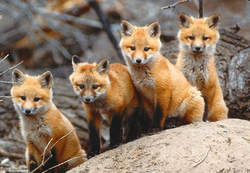
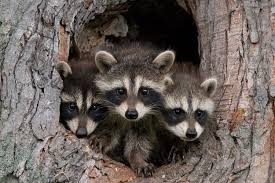

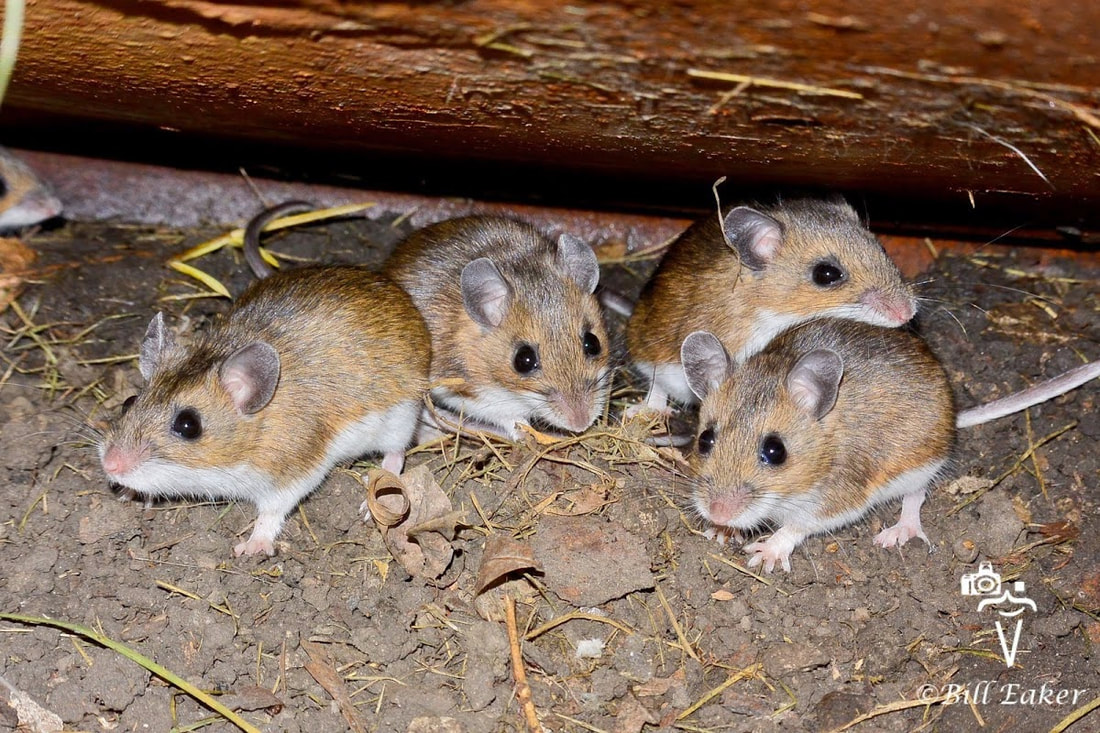
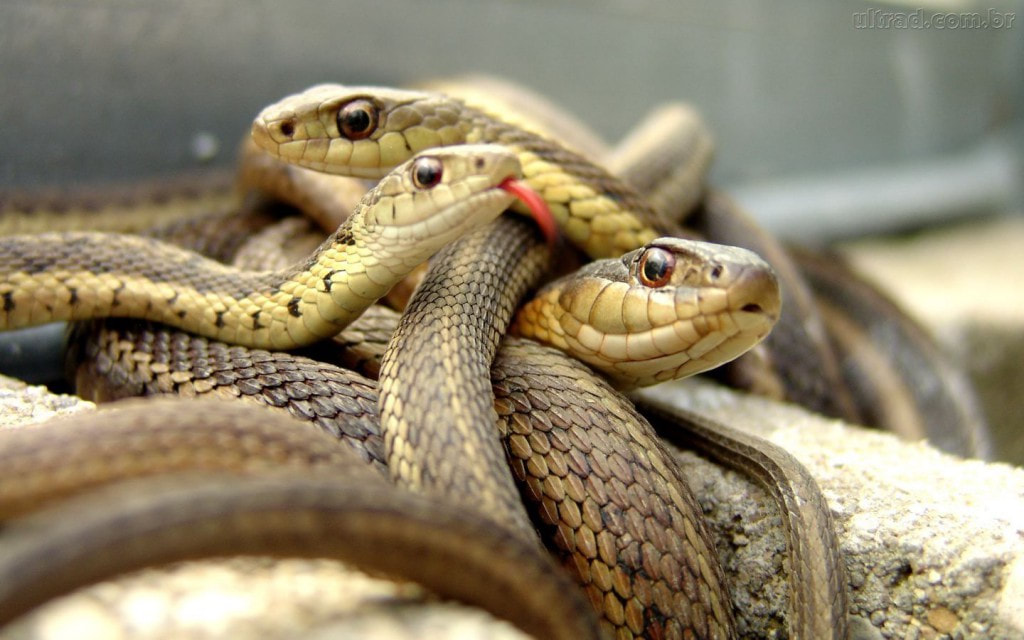



 RSS Feed
RSS Feed
